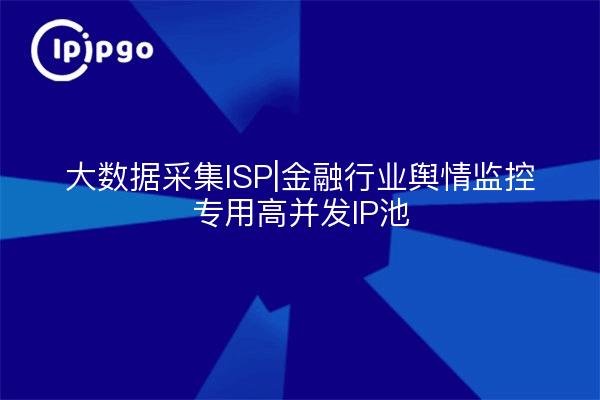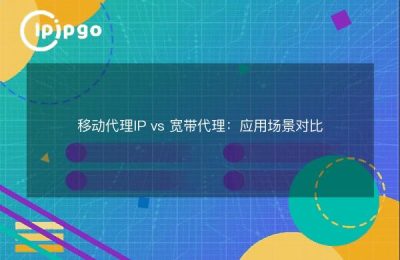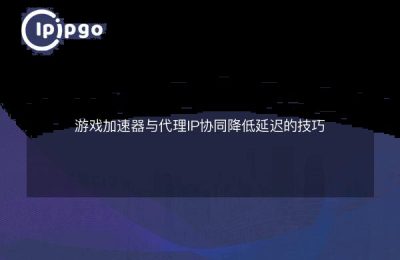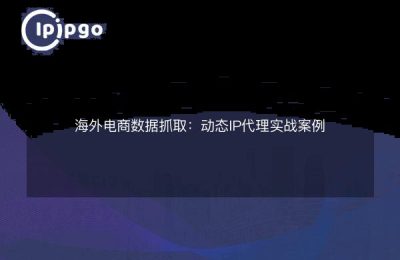
Why do ISPs and the financial industry need high concurrency IP pools?
In real-time data collection and opinion monitoring scenarios, traditional single-IP collection triggers an anti-climbing mechanism, resulting in aIP blocked, data breaksWhen the financial industry monitors the dynamics of listed companies, it needs to capture thousands of data sources per minute. When monitoring the dynamics of listed companies in the financial industry, thousands of data sources need to be captured every minute; when analyzing the network quality of ISP operators, a huge number of requests need to be initiated at the same time. Ordinary proxy IP pools are often encounteredInsufficient concurrency and short IP survival cyclesproblems that directly affect business continuity.
Proxy IP core metrics for high concurrency scenarios
Proxy IPs that can truly support big data collection must meet three hard metrics:
| Type of indicator | specification | Consequences of failure |
|---|---|---|
| IP purity | Residential IPs not tagged as proxies | Trigger anti-climbing validation |
| concurrent carrying capacity | Single node support 500+ threads | Acquisition speed plummets |
| Protocol compatibility | Simultaneous support for HTTP/HTTPS/SOCKS5 | Program Error Interrupt |
A practical solution for building a high concurrency IP pool with ipipgo
Taking financial opinion monitoring as an example, we realize multi-level scheduling through ipipgo's dynamic residential IP:
Layer 1: Dynamic IP rotation
Use ipipgo's API interface to get IPs in real time, and set the endpoint's IP address to change automatically with each request. Its90 Million Real Residential IP LibraryEnsures that each request comes from a different home network, avoiding centralized access to be identified.
Layer 2: Protocol Intelligent Adaptation
Configure the protocol auto-switching module in the crawler script to automatically select the HTTP/HTTPS channel based on the response status of the target website. ipipgo'sFull Protocol Support FeaturesCan cope with port restrictions on different servers.
Layer 3: Traffic load balancing
With the multi-territory IP resources provided by ipipgo, request traffic is decentralized to different country nodes such as the United States, Japan, Germany, and so on. Combined with its240+ country coverage capacityIt can simulate the global distribution characteristics of real users.
Avoid the three major misconceptions about IP pool building
1. Blindly pursuing the number of IPs
Some companies mistakenly believe that the more IPs the better, but in fact 100,000 low-quality data center IPs are far less useful than 10,000 pristine residential IPs. ipipgo adoptsDynamic home broadband allocation mechanismThe IPs only survive for 3-5 minutes each, naturally avoiding the risk of blacklisting.
2. Ignore request frequency control
Even with a premium proxy IP, a single IP initiating 50 requests per second will still be recognized. It is recommended to work with ipipgo'sIntelligent Rate Adjuster, automatically adjusts the collection cadence according to the target website response code.
3. Lack of early warning mechanisms for failures
It is recommended to integrate ipipgo's in the systemReal-Time Availability Detection InterfaceWhen an IP fails three consecutive requests, it is automatically quarantined and replenished with new IPs to the resource pool.
Real Scene Effect Verification
After a securities information platform accessed ipipgo, the average daily volume of completed data collection increased by 23 times:
- Stock forum crawl: from 12,000 to 280,000 entries per hour
- Enterprise announcement recognition: response time reduced from 12 seconds to 0.8 seconds
- IP anomaly blocking rate: from 37% to 0.2%
Frequently Asked Questions
Q: How to choose between Dynamic IP and Static IP?
A: Dynamic IP for high-frequency acquisition (automatic replacement), static IP for long-term monitoring of specific targets. ipipgo supports two modesSwitch at any timeand the static IP survival period can be up to 30 days.
Q: How to avoid wasting IP resources?
A: Setting in the ipipgo consoleMaximum number of IP usesThe capacity is automatically discarded when the threshold value is reached. It is recommended to dynamically expand capacity in line with peak business hours.
Q: What should I do if I encounter SSL certificate validation?
A: Enable ipipgo'sHTTPS Global Certificate ModeThe SSL fingerprint authentication is automatically adapted to each platform without additional configuration.








